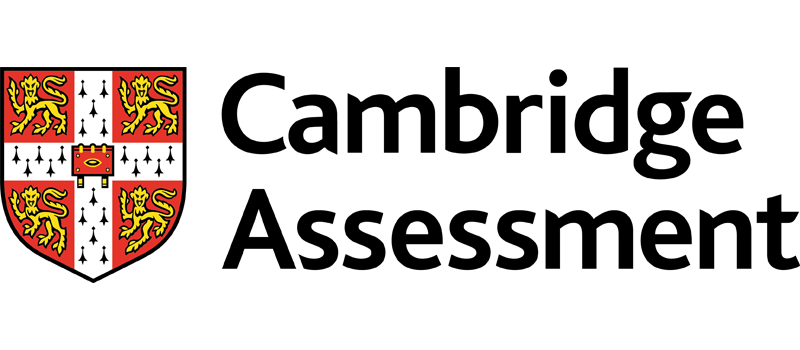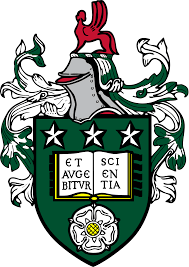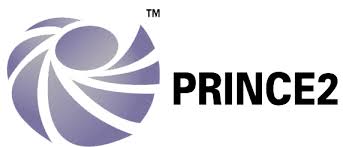
Leadership Communication Skills
Course ID: 2508110101247ESH
Course Dates : 11/08/25 Course Duration : 5 Studying Day/s Course Location: London, UK
Language: Bilingual
Course Category: Professional and CPD Training Programs
Course Subcategories: Leadership and Management Excellence
Course Certified By: ESHub CPD & LondonUni - Executive Management Training
* Professional Training and CPD Programs
Leading to:
Executive Diploma Certificate
Leading to:
Executive Mini Masters Certificate
Leading to
Executive Masters Certificate
Certification Will Be Issued From :
From London, United Kingdom
Course Fees: £5,120.30
Vat Not Included in the price. VAT may vary depending on the country where the course or workshop is held.
Click to Pay
Date has passed please contact us Sales@e-s-hub.com
Course Information
Introduction
Leadership communication is the cornerstone of effective organizational performance, serving as the bridge between vision and execution. In an era where collaboration, innovation, and adaptability are paramount, leaders must possess the ability to articulate ideas clearly, inspire teams, and navigate complex interpersonal dynamics. The capacity to communicate effectively distinguishes exceptional leaders from average ones, influencing outcomes ranging from employee engagement to stakeholder trust. This course delves into the art and science of leadership communication, equipping participants with the tools to foster clarity, credibility, and cohesion in their professional interactions.
Despite its critical importance, many leaders face challenges in mastering communication skills. Miscommunication often leads to inefficiencies, conflicts, and missed opportunities. For instance, a study by McKinsey revealed that organizations with poor internal communication practices experience a 47% decline in productivity. Furthermore, frameworks such as Daniel Goleman’s Emotional Intelligence model highlight how self-awareness, empathy, and social skills—integral components of effective communication—are frequently underdeveloped among emerging leaders. By addressing these gaps, this course empowers participants to align their communication strategies with both personal and organizational goals.
The benefits of honing leadership communication skills extend beyond individual growth. Organizations that prioritize communication training report higher levels of employee satisfaction, reduced turnover rates, and improved financial performance. Consider the case of a multinational corporation that implemented structured communication workshops for its management team. Within a year, the company observed a 20% increase in project completion rates and a significant improvement in cross-departmental collaboration. Such outcomes underscore the transformative potential of investing in communication competencies at all levels of leadership.
This course draws upon established theories and industry trends to provide a robust foundation for learning. Concepts such as Transformational Leadership, developed by James MacGregor Burns, emphasize the role of persuasive communication in inspiring followers to achieve extraordinary results. Similarly, insights from the Harvard Business Review highlight the growing demand for leaders who can navigate digital communication platforms while maintaining authenticity and emotional resonance. These perspectives inform the curriculum, ensuring participants gain access to cutting-edge knowledge and practical techniques.
Real-world examples further illustrate the relevance of leadership communication skills. Take the story of Indra Nooyi, former CEO of PepsiCo, whose ability to communicate a compelling vision enabled her to spearhead groundbreaking initiatives in sustainability and product diversification. Her success underscores the importance of aligning messaging with strategic objectives. Likewise, crises such as the global pandemic have demonstrated the need for leaders to communicate transparently and empathetically during times of uncertainty. Participants will explore such scenarios to deepen their understanding of communication’s impact on leadership effectiveness.
Ultimately, this course is designed to equip leaders with the confidence and competence to excel in diverse communication contexts. Whether delivering presentations, mediating conflicts, or fostering inclusive dialogue, participants will emerge with a refined skill set that enhances their influence and impact. By blending theoretical rigor with hands-on practice, the program ensures that learners not only grasp key concepts but also apply them meaningfully in their professional environments.
Objectives
By attending this course, participants will be able to:
Analyze the core principles of effective leadership communication and their alignment with organizational goals.
Evaluate different communication styles and select appropriate approaches based on audience needs and situational contexts.
Design persuasive messages using storytelling techniques to engage stakeholders and drive action.
Implement strategies for managing difficult conversations and resolving conflicts constructively.
Apply active listening skills to build rapport, foster trust, and enhance team collaboration.
Assess the role of non-verbal cues and body language in reinforcing verbal communication.
Develop a personalized communication plan tailored to individual strengths and areas for improvement.
Who Should Attend?
This course is ideal for:
Mid-level managers seeking to refine their communication abilities to lead teams more effectively.
Senior executives aiming to strengthen their executive presence and influence within the organization.
HR professionals tasked with designing and facilitating communication training programs.
Consultants and coaches working with clients to improve leadership capabilities.
Educators and trainers interested in incorporating advanced communication methodologies into their teaching practices.
Training Method
• Pre-assessment
• Live group instruction
• Use of real-world examples, case studies and exercises
• Interactive participation and discussion
• Power point presentation, LCD and flip chart
• Group activities and tests
• Each participant receives a 7” Tablet containing a copy of the presentation, slides and handouts
• Post-assessment
Program Support
This program is supported by:
* Interactive discussions
* Role-play
* Case studies and highlight the techniques available to the participants.
Daily Agenda
Daily Schedule (Monday to Friday)
- 09:00 AM – 10:30 AM Technical Session 1
- 10:30 AM – 12:00 PM Technical Session 2
- 12:00 PM – 01:00 PM Technical Session 3
- 01:00 PM – 02:00 PM Lunch Break (If Applicable)
- Participants are expected to engage in guided self-study, reading, or personal reflection on the day’s content. This contributes toward the CPD accreditation and deepens conceptual understanding.
- 02:00 PM – 04:00 PM Self-Study & Reflection
Please Note:
- All training sessions are conducted from Monday to Friday, following the standard working week observed in the United Kingdom and European Union. Saturday and Sunday are official weekends and are not counted as part of the course duration.
- Coffee and refreshments are available on a floating basis throughout the morning. Participants may help themselves at their convenience to ensure an uninterrupted learning experience Provided if applicable and subject to course delivery arrangements.
- Lunch Provided if applicable and subject to course delivery arrangements.
Course Outlines
Foundations of Leadership Communication
Understanding the role of communication in leadership effectiveness.
Exploring key theories: Emotional Intelligence, Transformational Leadership, and Situational Leadership.
Identifying barriers to effective communication and strategies to overcome them.
Practicing foundational verbal and non-verbal communication techniques.
Day 2:
Adapting Communication Styles
Analyzing different communication styles (assertive, passive, aggressive).
Tailoring messages to diverse audiences (employees, peers, senior leaders).
Navigating cultural differences in globalized work environments.
Role-playing exercises to practice adaptive communication.
Day 3:
Persuasion and Influence
Crafting compelling narratives using storytelling frameworks.
Leveraging data and evidence to support persuasive arguments.
Building credibility and trust through consistent messaging.
Delivering impactful presentations with confidence.
Day 4:
Conflict Resolution and Feedback
Managing difficult conversations with empathy and assertiveness.
Applying mediation techniques to resolve interpersonal disputes.
Providing constructive feedback that motivates and inspires growth.
Receiving feedback gracefully and using it for continuous improvement.
Day 5:
Strategic Communication Planning
Developing a personal communication strategy aligned with career goals.
Creating crisis communication plans for unforeseen challenges.
Utilizing digital tools and platforms for remote and hybrid teams.
Reflecting on progress and setting actionable development goals.



















































